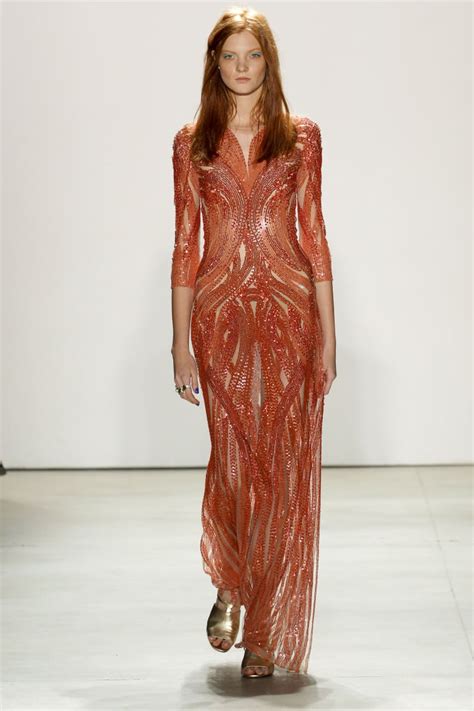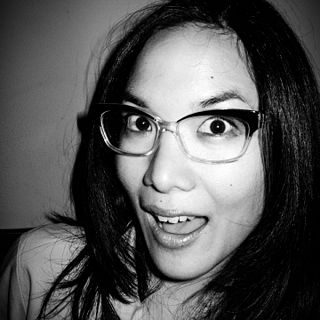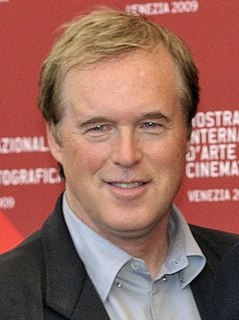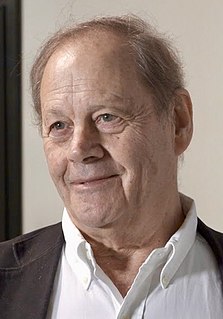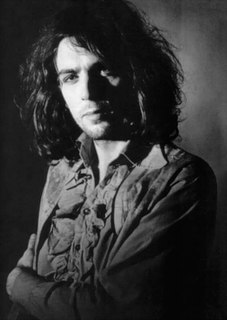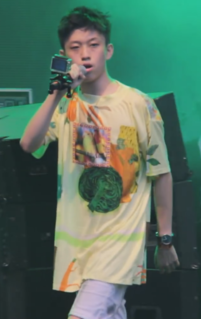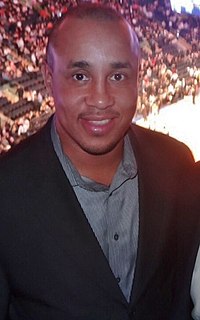A Quote by Jenny Packham
A lot of my designs are inspired by the 1930s, when people were fabulous at dressing up. Then it just all kind of fell away.
Related Quotes
And weren't, when you got right down to it, particularly evil. Human beings mostly aren't. They just get carried away by new ideas, like dressing up in jackboots and shooting people, or dressing up in white sheets and lynching people, or dressing up in tie-dye jeans and and playing guitar at people. Offer people a new creed with a costume and their hearts and minds will follow.
I've seen many female comics that a lot of people haven't heard of who are so funny, and I saw them come up, and they were working so hard, and then all of a sudden they had a baby, and they just got tied up in motherhood, and eventually, they kind of just stopped doing stand-up, and I thought it was such a shame.
I think we kind of changed how people did humans in CG animation after. If you look at films before 'Incredibles,' they tended to be photorealistic in a clunky and ugly way, with pores in their skin and too many eyelashes. It's kind of disturbing. And since, the designs have gotten a lot more playful in a lot of people's films, not just ours.
The fabulous side of Taboo was dressing up and dancing like no one was watching you. There were no rules. You had Jeffrey Hinton playing every kind of music. It was like going back to when I used to deejay at Planet in '79, where you'd mix in nutty things like hip-hop or reggae or The Sound of Music [1965] or other film soundtracks - whatever.
I thought, This is fabulous. It sent shivers up my spine. I thought, What kinds of people are these that would produce this kind of music in a camp? All the prison camp stories I've seen, and heard of, were about the heroism of men. As I researched this and heard the music, I realized that women were heroic too, on just as grand a scale. And their treatment was just as appalling.
At the beginning of the Larry Sanders show, you know, we were grateful to get guests. At the end, it was as if we actually were The Tonight Show. People would come on, and it had the same sort of imprimatur as if we were on the air. I've been on a lot of talk shows during that time and since then, and people would come up in the dressing room or in the corridors and say, "You guys got it exactly right." Or they would say, "We have Larry Sanders moments every day."
In fact, to me it's liberating to not think of identity as some organic property that we have to find and stick to, but actually something that is constructed, or that's imposed, that we can then counter by taking a different route and re-dressing it, and then re-dressing it again, and then re-dressing it again.
I always find it kind of more interesting when people ask questions like, "What were you like as a kid?" Or just kind of personal history stuff, like, "What was the lowest point of your life?" Because that would be like, "Huh, well, I'd have to think about that one." And then give an honest answer. I think a lot of people don't want to give honest answers, or they just are in business showbiz mode when they're talking about stuff, so that's probably why a lot of that kind of thing doesn't get asked.
